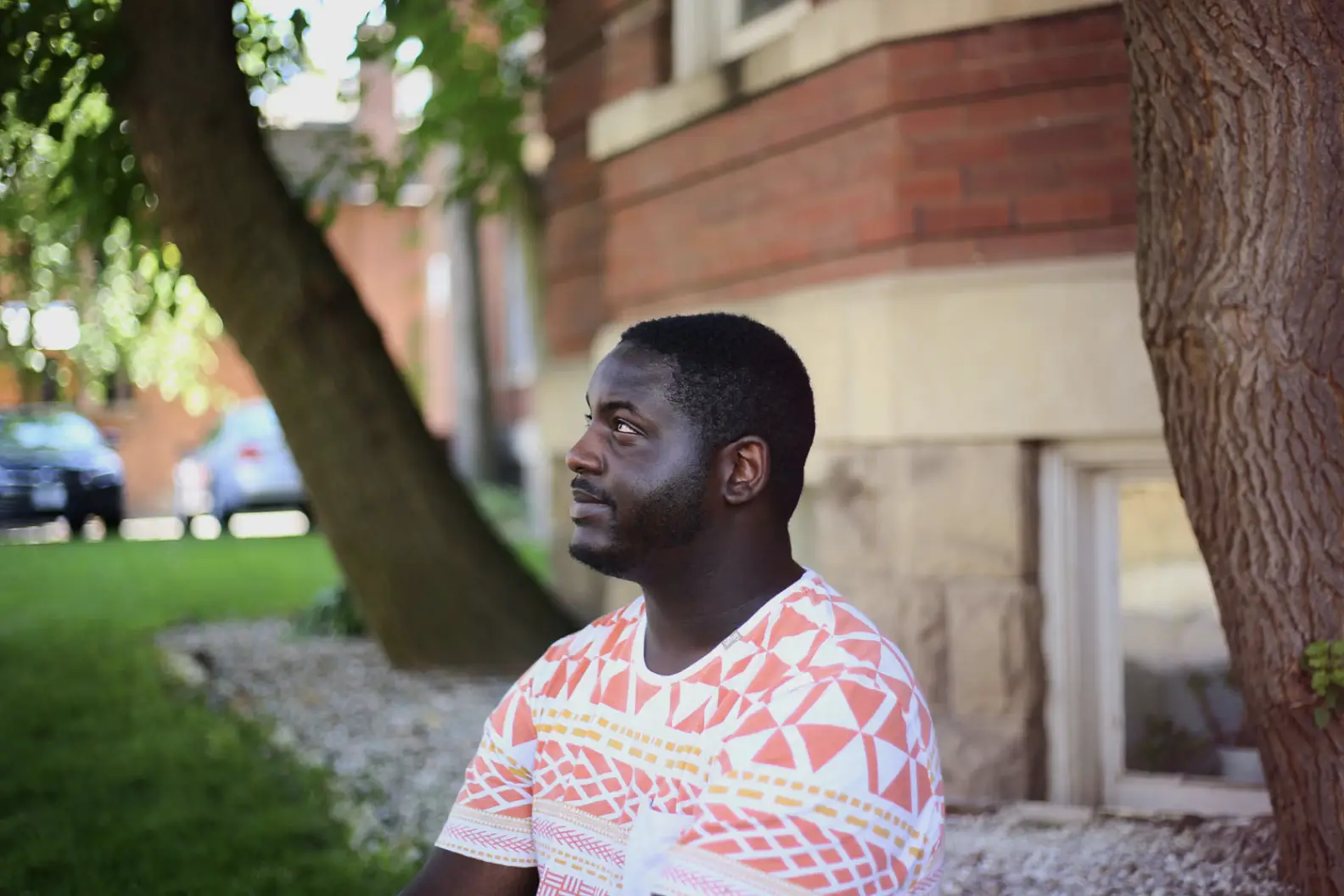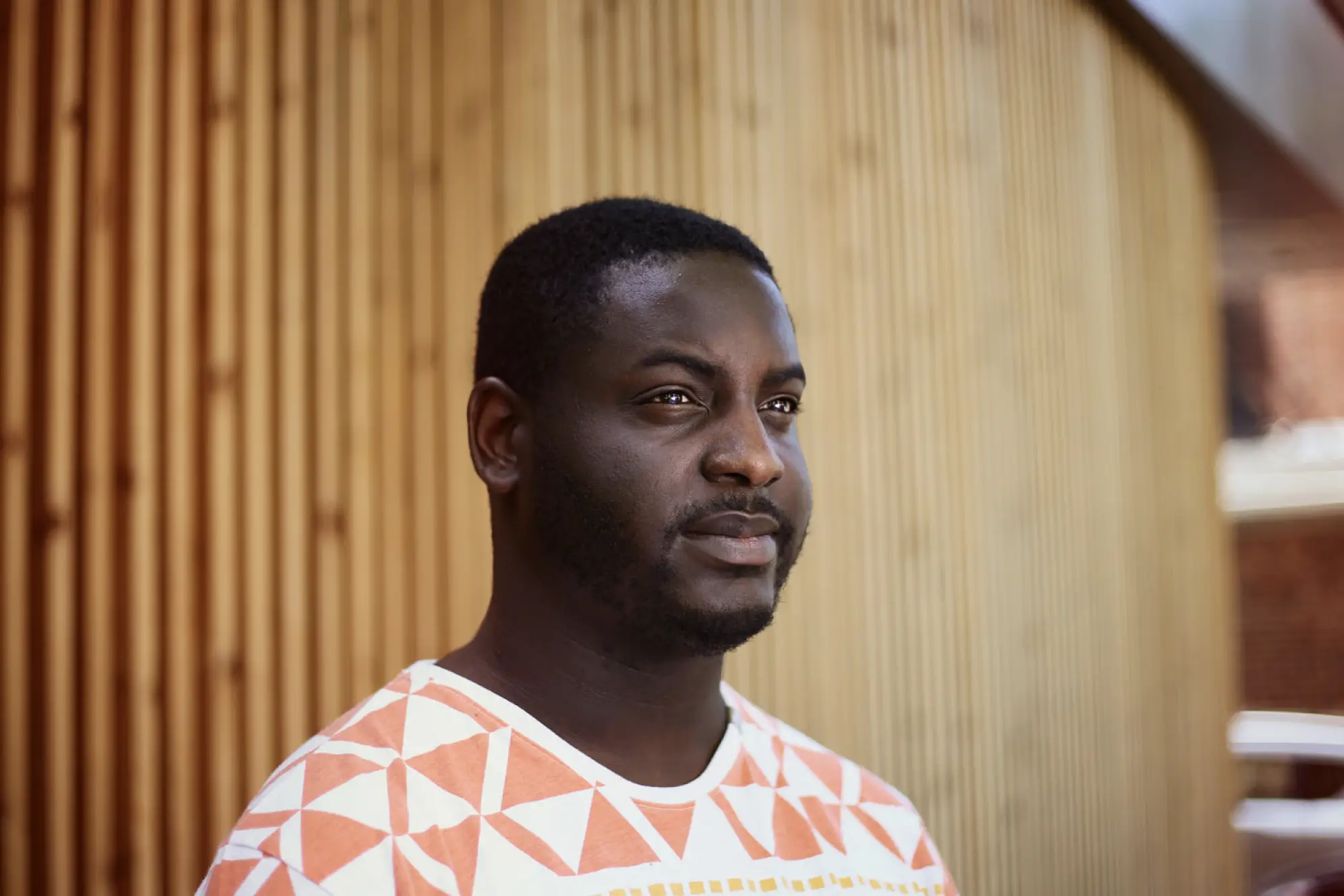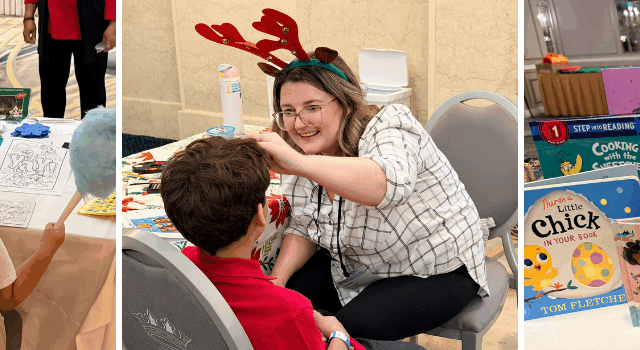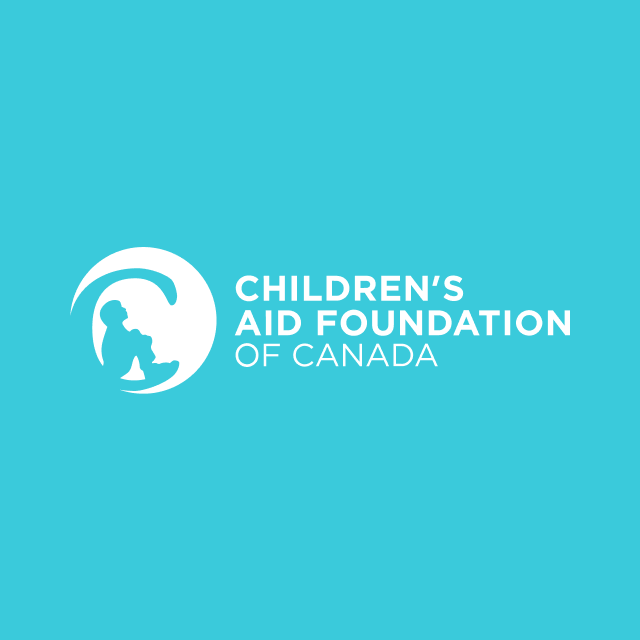For many youth from care, prevention support is critical to strengthening community resources for families and youth. Services such as family support, attachment parenting, family counselling, and community parent leadership programs are all part of Children’s Aid Foundation of Canada’s commitment to promoting healthy families.
JEMAL, this month’s Young Person in Profile, became a Crown ward at the age of three due to a neglectful home environment. Moving between multiple foster placements, he struggled to establish his identity. He was a youth ambassador with the Children’s Aid Foundation of Canada’s Young People’s Advisory Council, as well as the Pape Adolescent Resource Centre (funded by the Foundation). He hopes to work in the near future with police services as a ‘Community Resource Officer’ to assist at-risk individuals in the community and provide more education on preventative resources, care, and maintenance.
*The opinions and views expressed in this article are that of the youth in profile, and not necessarily reflective of the official opinion or position of the Children’s Aid Foundation of Canada.
A lot of kids are not aware of the resources that are available to them, especially once they leave care. If I need housing support, educational funding or dental care, or even just someone to talk to, I’m able to reach out and get support. It’s important for youth to know that support is there, because some issues don’t arise while you’re in care, but when you transition from care, and you’re by yourself without any structure.
“My mother was in care when she became pregnant with me, at the age of 15. During that time, she started abusing narcotics, and this led to neglect, and ultimately the Children’s Aid Society stepping-in. When I turned three, I became a designated Crown ward. I moved into permanent housing that I lived in until I was 14-years-old, and then I moved into a different placement in Toronto for a year. After that, I was in-and-out of foster homes for a couple years, and then my final foster home that I lived in until I aged out of care.”
“I remember my first day in care very well; it was a pretty shocking experience. My sibling and I ended up moving into a house with our foster parents at the time, and it was very strange for me because, as an African-Canadian male, I was moving into an all-white home and neighbourhood. I had to deal with the constant struggle of everyone around me trying to figure out how I was associated with my foster parents. I lived with this family for 11 years, and really began to identify with them, but it was still hard to form my own identity.”
“Maintaining a relationship with my parents and birth family was really challenging; I went to visitations, but nobody really helped me navigate the complicated dynamic. I mean, I would see my mother and stay at my grandmother’s on visitations, but I never really formed a strong relationship with them, especially at that time. Most of my relationship-building happened with my birth family once I got older. It was a really strange relationship; my father had more children after I was born, and they lived with him and then my grandmother. I found it hard to hard to distinguish what was different between me and them; they were able to stay and I was sent away to my foster home.
“Prevention programs are very important for youth who are in care. In my experience, with the people I know from care, many have substance abuse issues. At places like the Pape Adolescent Resource Centre, and even at the Children’s Aid Society, people are a little more open to youth who are currently affected by substance abuse and other issues. They realize we don’t have the support built around us, and they help to educate and support kid like us. I found some foster homes are very supportive and welcoming, and others are alienating. Often in a family environment like this, you have people to lean on if you’re having challenges in your personal life, like mental health issues, or substance abuse just for example. But, if you don’t have that support, it’s really hard and you may find yourself trying to find it in other ways – which might not always be healthy ones.”

“Just because I was raised in care, doesn’t mean that I’m troubled. I feel when people hear that I was raised in care, they often automatically feel pity and that even some people might think that I couldn’t be a functioning member of society. I would like to tell these people: ‘not to judge me by the reasons I grew-up in care’. I am my own person, just because my family happened to have drug abuse issues and criminal records, sometimes I find that I’m automatically grouped into those categories, too. And I really love every member of my family, but I’m forging my own path. I would like people to get to know me as Jemal, and not as a former ‘foster kid’. I’m not looking for handouts, I’m looking for the support that I wasn’t able to receive from family. I remember somebody found out that I was getting extended care and maintenance support, which was financial support from the government until I turned 21, to help cover my rent and other things. And, I had to explain to this person that I was receiving the same support from the government that they receive from their families because my family was not in a position to allow me to live at home for free. I still needed to work full-time to ensure I could cover all my bills, hence delaying my entrance into college.”
“A lot of kids are not aware of the resources that are available to them, especially once they leave care. If I need housing support, educational funding or dental care, or even just someone to talk to, I’m able to reach out and get support from multiple agencies like Pape Adolescent Resource Centre. It’s important for youth to know that support is there, because some issues don’t arise while you’re in care, but when you transition from care, and you’re by yourself without any structure.”
“I want to pursue a career in law enforcement because it would give me a chance to be a leader and help others in the community. I really want to see people in my community – be that the foster care community, the Black community, or other at-risk communities – do better. I find that, as a leader, especially in Toronto, the officers who are assigned to the community do a good job of providing guidance and a listening ear. I think I would excel in that field as someone who has come from the bottom; dealing with drug-addicted parents and growing up in care, I feel very comfortable socializing with others who might be there going through the same issues too. I want to keep planting seeds in the minds of at-risk youth, and give them hope that there are different resources and opportunities out there for them that they can access. To be in a position where I can work with that population on a regular basis would be amazing.”
Support young people like JEMAL in achieving their full potential.



